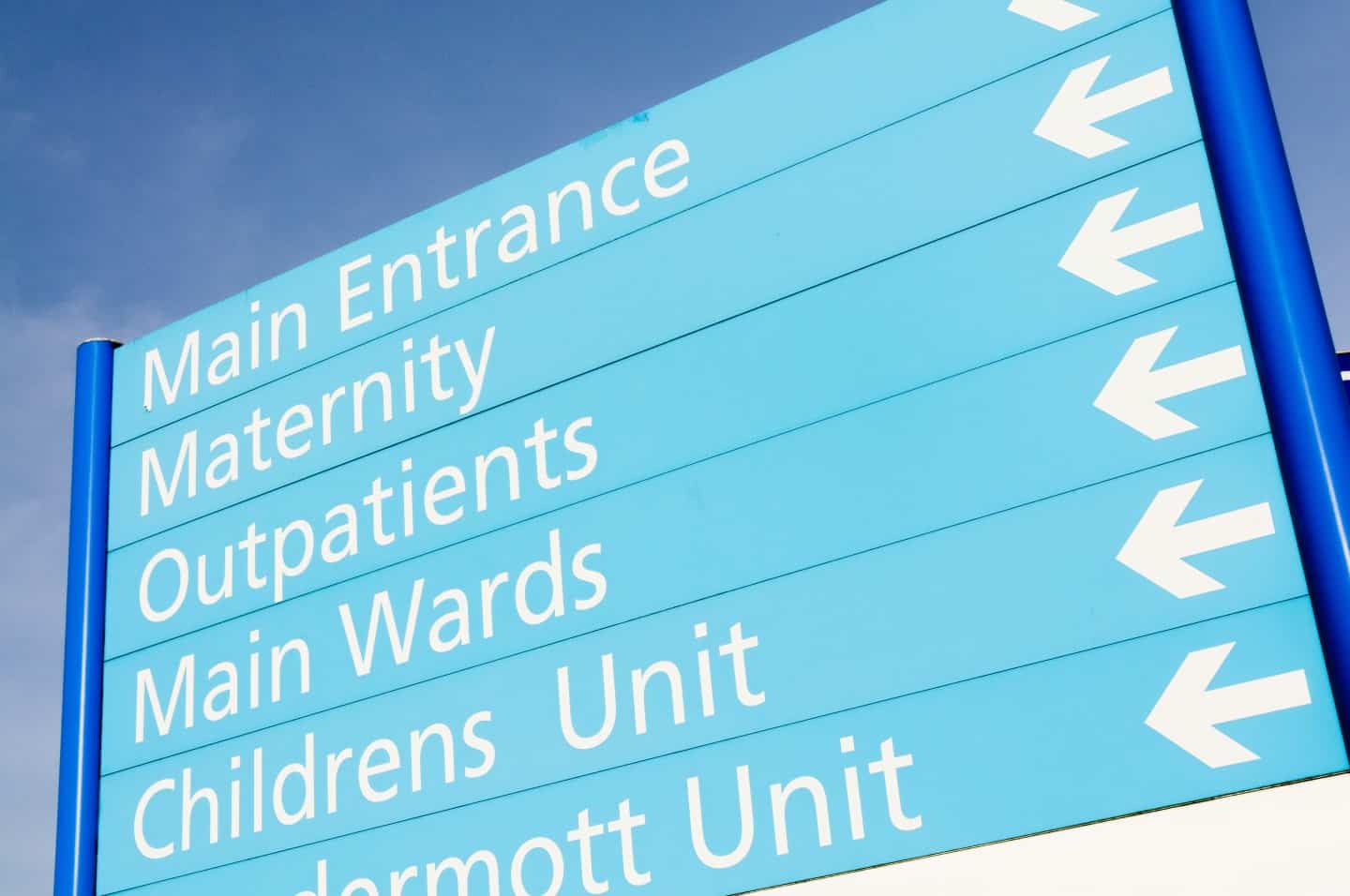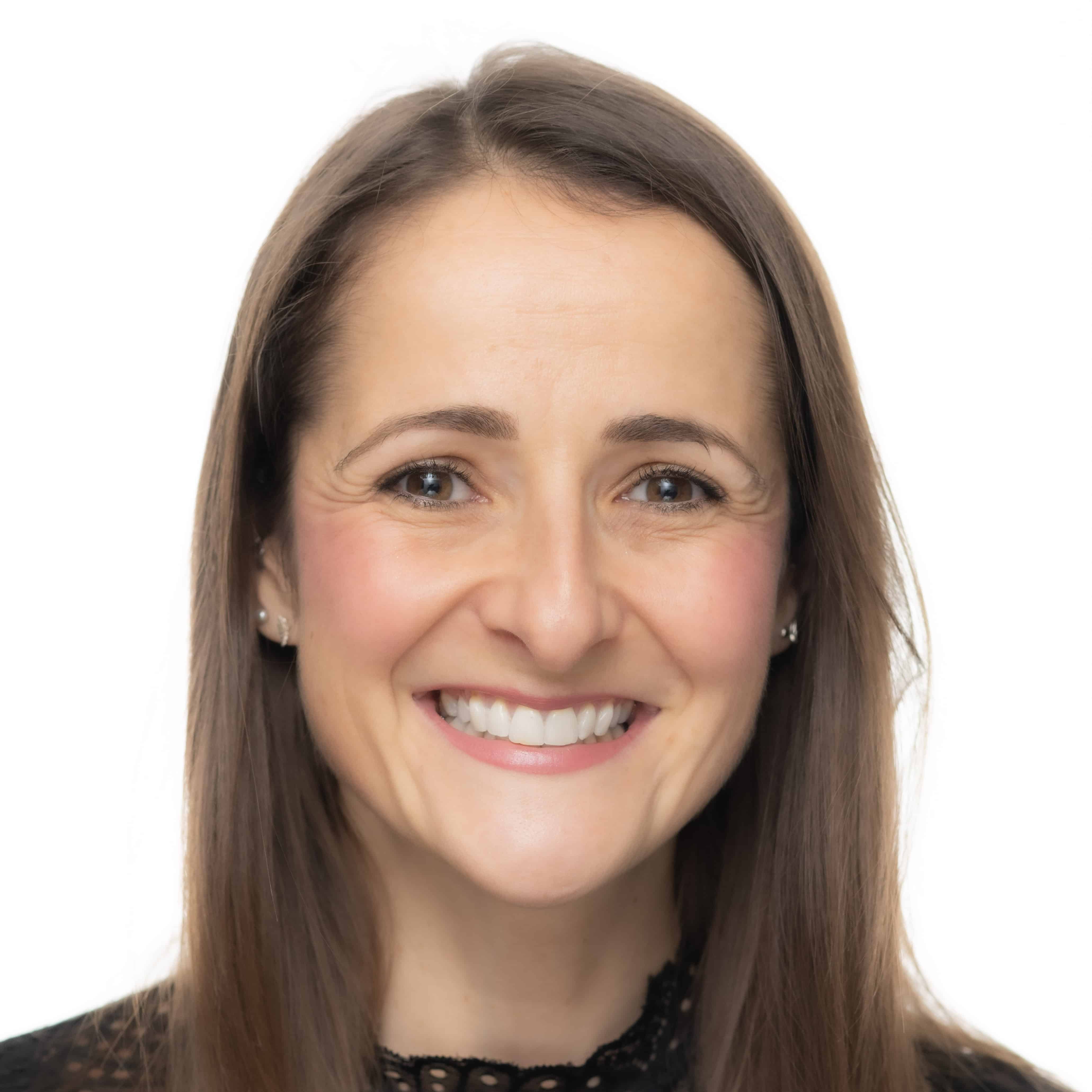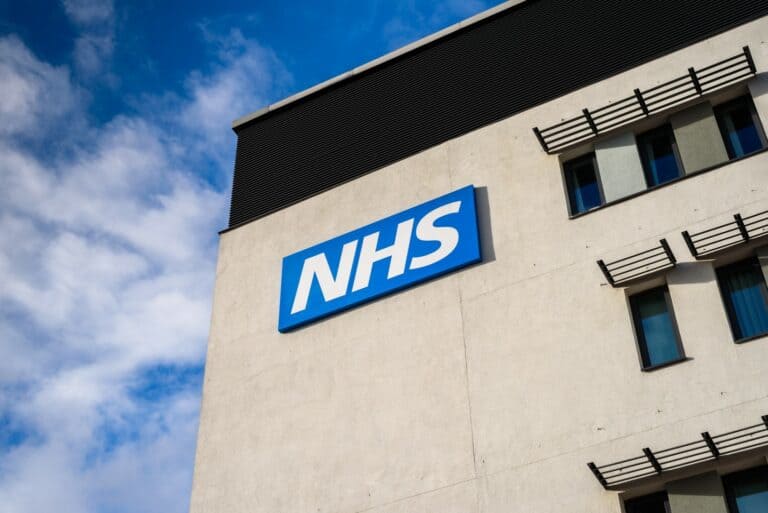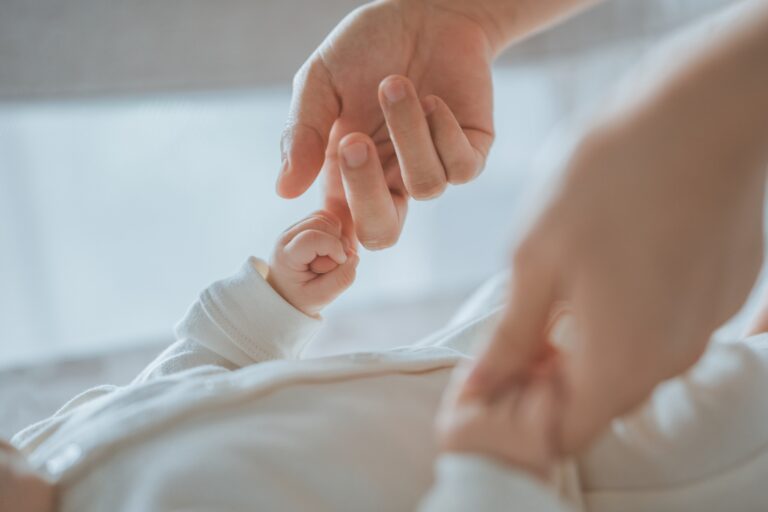
Seeking justice and support for children: Nottingham NHS Trust’s Maternity Care Apology
Today, 10 July 2023, we witness a significant moment for families affected by poor maternity care at Nottingham NHS Trust hospitals. The chair of the Trust, Nick Carver, has publicly apologised for the suffering caused. This apology comes as the inquiry, led by Donna Ockenden, adopts a new and inclusive approach to investigate all maternity incidents between 2012 and 2022. By focusing on a wider range of incidents and adopting an “opt-out” approach, the inquiry aims to ensure justice and fair representation for families, particularly those from black and Asian backgrounds.
In this blog post, as a partner in the child brain injury team at Bolt Burdon Kemp, I want to shed light on the importance of seeking compensation and early support for children who have or may have suffered brain injuries at birth within Nottingham NHS Trust’s maternity units, without waiting for the outcome of the investigation.
The scale of the inquiry
The inquiry will focus on the maternity units at Queen’s Medical Centre and City Hospital. It aims to investigate incidents involving stillbirth, neonatal deaths, brain damage to babies, harm to mothers, or relatives of mothers who tragically passed away. The scope of this review is staggering, with approximately 1,700 families likely to be involved. With such a large-scale review, we are inevitably going to have to wait for some time, perhaps years, for the final report to be published, although families involved have already been contacted by the Trust – in November 2022 and again in January this year. From my perspective, having seen the huge benefits that early rehabilitation can bring to a child who has suffered brain damage at birth, and their families, I would urge all families who have been contacted by the Trust to seek early legal advice and guidance and not wait for publication of the final report. I would go further and urge all families who have concerns over the care they received, regardless of whether their child has received a diagnosis of brain injury, cerebral palsy, or development delay, to seek independent specialist legal advice as soon as possible. This is because it can be difficult to identify signs of injury in a very young baby and it is only when it becomes noticeable that a toddler is not meeting their milestones or is falling behind their peers that a brain injury at birth is considered, but it is vital that the child and their family receive help and support at the earliest possible time. I would also encourage families whose baby has sadly died or where the mother has been injured to seek independent specialist legal advice without delay. This is because the time limits for starting court proceedings in these cases are shorter and may have passed by the time the inquiry report is published.
Concerns over care
Families may have concerns over care given during pregnancy, labour, delivery and during the neonatal period. Concerns can range from feelings that parents and mothers were not listened to, or the labour was prolonged and difficult and did not go according to plan, or worries that medical notes are missing, to an awareness that there were staff or equipment shortages, or a sense of panic and urgency in staff who were present.
Here in the Child Brain Injury team at Bolt Burdon Kemp we see incidents of poor maternity care that amount to substandard or negligent care leading to severe brain injury for the child and devastating consequences for them and their families. Examples of such substandard care include:
- Failure to monitor foetal distress: If maternity staff neglect to monitor the baby’s heart rate or other vital signs during labour, or misinterpret cardiotocograph (CTG) results, they may miss indications of foetal distress, which can lead to inadequate or delayed intervention.
- Delay in performing an emergency Caesarean section (C-section): If maternity staff fail to recognise signs of distress in the mother or baby during labour, and subsequently delay or fail to perform a necessary emergency C-section, the baby may be deprived of oxygen, leading to severe brain damage.
- Inadequate response to complications: a failure to respond promptly and appropriately to complications such as excessive bleeding, placental abruption, or umbilical cord entanglement can jeopardise the health and safety of both the mother and the baby.
- Failure to diagnose infection: An infection in the mother or the baby, if not diagnosed and treated promptly can lead to significant harm.
- Mismanagement of high-risk pregnancies: a failure to provide appropriate care and monitoring for high-risk pregnancies, such as where the mother has diabetes or high blood pressure, can lead to injury to the baby and can be considered negligent.
Determining negligence in maternity care requires a careful evaluation of the specific circumstances and applicable standards of care. Each case is unique, and independent expert medical opinions may be necessary to establish negligence.
In the meantime, however, it is essential that a child who has or may have suffered brain damage at or around the time of birth receives help and support as early as possible.
The importance of early intervention and rehabilitation
When a child suffers a brain injury at birth, early intervention and rehabilitation are crucial for their future development and well-being. Early rehabilitation measures can make a significant difference in a child’s progress, helping them overcome challenges and achieve their full potential.
If your child has a brain injury, they will often face challenges not only at home but also in school and the wider community. Unfortunately, these difficulties are often overlooked, and people in the school or community may not fully recognise the long-term consequences of failing to manage your child’s needs and may not link their difficulties to the events that occurred at or around the time of their birth.
One key aspect that all children with a brain injury share is the urgency of time. There is no time to lose in providing practical support. The sooner rehabilitation measures are put in place, the better. This support is not only essential for easing day-to-day matters but also for achieving the best possible long-term outcome for your child. It’s important to note that rehabilitation can be initiated even before the NHS has admitted liability.
Empathetic and knowledgeable support
At Bolt Burdon Kemp, our dedicated child brain injury team understands the importance of addressing these challenges comprehensively. Our goal is not only to seek compensation for your child’s injuries and losses but also to alleviate the stress and difficulties that arise after your child has suffered a brain injury.
We represent clients across the nation and our expert, knowledgeable and compassionate solicitors visit our clients in their homes to ensure we fully understand the unique challenges each child and their family face in such difficult circumstances. We prioritise the importance of early rehabilitation and work closely with medical experts to ensure that children receive the necessary support and care tailored to their specific needs.
Our long-term aim is to ensure that your child’s and your family’s futures are as bright as they can be.
Taking action for justice
If you are concerned about the quality of care that you or your child received before, during, or after giving birth at Nottingham NHS Trust’s hospitals, we encourage you to act. Claudia Hillemand, the head of our child brain injury team, is here at Bolt Burdon Kemp to provide you with the advice and support you need.
Our team will work tirelessly to ensure your voice is heard, seeking justice and compensation for the harm caused and helping you secure the necessary resources for your child’s immediate and long-term rehabilitation and future well-being, giving you peace of mind that you have done everything in your power to keep them safe and well for life.
Final thoughts
The apology from Nottingham NHS Trust’s chair, Nick Carver, marks a turning point for families affected by poor maternity care. As the inquiry takes a new approach, encompassing a wider range of incidents, it aims to provide justice for a more representative sample of families, particularly those from black and Asian backgrounds. If this new “opt out” approach is adopted for all inquiries in the future, or even retrospectively to previous inquiries, the scale of the investigations would be incomprehensible. Of greater concern perhaps is if the “opt out” approach is not adopted as the default approach. How many families whose children have or may have suffered a brain injury due to substandard maternity care will struggle on without the compensation and rehabilitation support they are entitled to?
Jo Chapman is a partner in the Child Brain Injury Team at Bolt Burdon Kemp.










